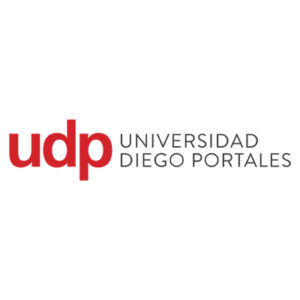

Elizabeht Wagemann is Director of the City and Territory Lab (LCT) and Research Coordinator at the School of Architecture, Diego Portales University. She is a trained architect from Pontificia Universidad Católica de Chile (PUC) and holds an MPhil and a PhD in Architecture from the University of Cambridge. Her research is focused on housing, resilience, and sustainable development. Her projects reinforce the idea that the reconstruction processes can be an opportunity to improve resilience. She has studied transitional and permanent housing after disasters and developed low-cost and post-disaster housing in Brazil, Chile, Ecuador, and the Philippines. She received funding from the Global Challenges Research Fund in 2016 to conduct the research project ‘Preparation for Disaster: Bamboo Shelter in Pakistan’. She has been a keynote speaker at TEDxCambridge (2018) with the talk “From Shelter to Home after Disasters” and at Congreso Futuro (2019) with the talk “Living with Uncertainty”. Her research has been published in high impact journals such as Cities, Sustainability, and Disasters. Dr. Wagemann is the co-author of the chapters “Disaster Risk Reduction Including Adaptation to Climate Change for Housing and Settlements” (Routledge, 2017) and “Resilience, Reconstruction and Sustainable Development in Chile” (Routledge, 2019). She has been an Associate Researcher at the University of Cambridge and Postdoctoral Researcher at CEDEUS (Center for Urban Sustainable Development) and CIGIDEN (Research Center for integrated Disaster Risk Management) at PUC. She has been a Professor in Architecture and Urban Design at PUC, Pontificia Universidad Católica del Ecuador (PUCE), Universidad Mayor (Chile), and Visiting Professor at University College London (UCL). She is currently studying the use of home as a workspace during the pandemic and in post-disaster contexts, questioning the traditional divide between domestic (reproductive) and work (productive) spaces, a project funded by ANID- Fondecyt (Chile).
